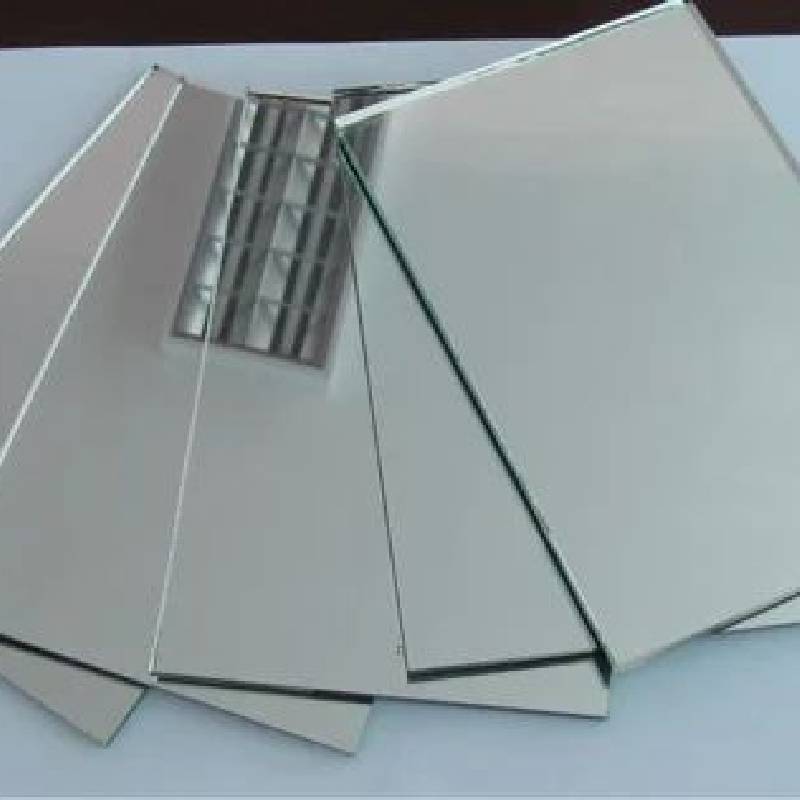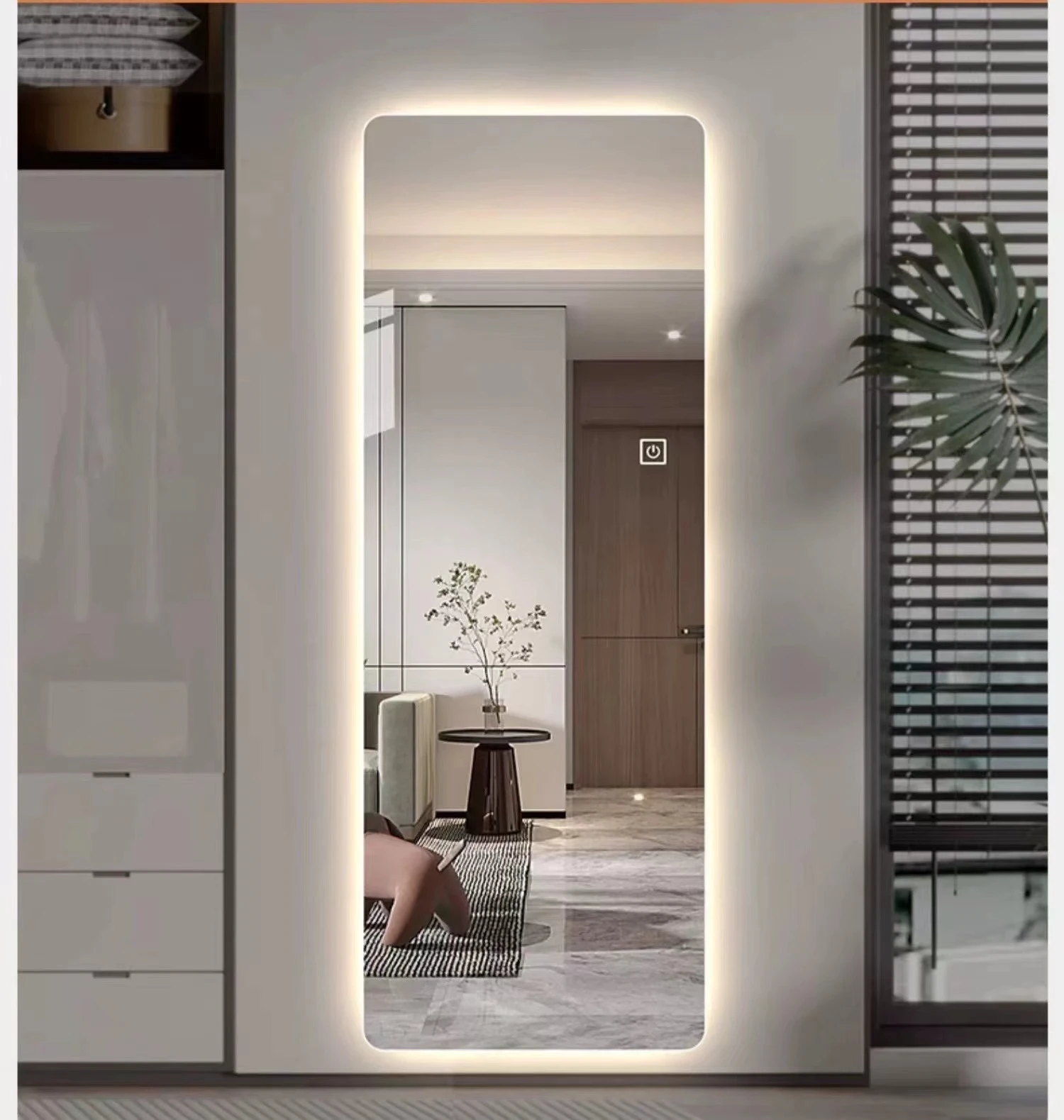Aluminum mirrors, an essential component in various industries, have transformed from being just reflective surfaces to becoming crucial technological tools. Over the last decade, their applications have expanded, providing incredible value to sectors such as solar energy, interior design, and aerospace. This article delves into the unique advantages and technical considerations of aluminum mirrors, showcasing insights from expert usage and industry standards.

Aluminum mirrors are favored for their lightweight, durable, and corrosion-resistant properties. Unlike conventional glass mirrors, aluminum mirrors are more robust and offer better thermal conductivity, making them ideal for high-demand environments. Industries such as aerospace rely on these properties, where even weight reductions as minor as fractions of a gram can translate into significant cost savings and performance enhancements.
In the solar industry, aluminum mirrors have revolutionized the design of solar concentrators. Their ability to reflect more sunlight leads to increased energy capture and efficiency. In large-scale solar farms, the use of aluminum mirrors enhances the ability to intensify solar energy on photovoltaic cells or thermal systems by minimizing energy loss through higher reflectivity. This shift not only boosts overall power output but also contributes to achieving sustainability targets by maximizing renewable energy input.

The interior design world also borrows from the vast array of possibilities aluminum mirrors offer. Designers are increasingly turning to these mirrors due to their sleek, modern appeal and the fact that they are easily customizable. Their adaptability allows for unique shapes and surface textures, offering both aesthetic pleasure and functionality. Additionally, these mirrors do not shatter like traditional glass mirrors, providing a safer alternative in environments with high human traffic such as hotels and large corporate spaces.
aluminum mirror
From an expert point of view, the production of aluminum mirrors involves complex processes that require stringent quality controls. This ensures the mirrors maintain high reflectivity and surface accuracy. The coating on aluminum mirrors, often an oxide layer or metallic coating such as silver, is crucial in enhancing their reflective properties. Leading manufacturers employ techniques like magnetron sputtering and vacuum deposition to apply these coatings, ensuring consistent quality across batches. Such features affirm the mirrors’ trustworthiness in high-precision applications, including those in scientific instruments and optical systems.
Trust in the capabilities of aluminum mirrors is bolstered by their compliance with global standards like ISO and ASTM. These standards guarantee product reliability, further proving their suitability for professional applications. For instance, aluminum mirrors used in space missions abide by NASA’s stringent standards for material performance in extreme conditions, ensuring flawless operation even at temperatures approaching absolute zero.
When integrating aluminum mirrors into any project, considering factors like environmental exposure, required reflectivity, and customization needs is paramount. Consulting with experts who understand the intricate dynamics of aluminum mirror applications will likely yield the most effective use of this material. Products tailored to specific needs, combined with proper maintenance, extend the lifespan and performance of aluminum mirrors, allowing industries to leverage their full potential.
In conclusion, the adoption and integration of aluminum mirrors are seen as a strategic enhancement across various sectors. Their lightweight, customizable, and durable characteristics make them indispensable in advancing technological innovations and design aesthetics. As industries continue to recognize their value, aluminum mirrors are poised to play a pivotal role in shaping the future of engineering and design solutions.



